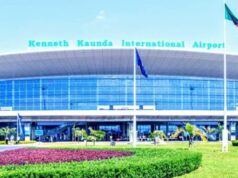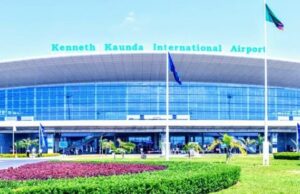
(3 minutes read)
Côte d’Ivoire has launched procedures for the introduction of a visa with Tunisia. Tunisia is the departure point for thousands of sub-Saharan migrants wishing to reach Europe
Côte d’Ivoire has launched procedures for the introduction of a visa with Tunisia. Tunisia is the departure point for thousands of sub-Saharan migrants wishing to reach Europe. The Ivorian government has re-established visas between countries through a diplomatic procedure, which is being worked out. Recently, illegal migrant issues have attracted international attention while the West European countries are taking stringent steps to prevent illegal migration.
Tunisia, along with Libya, is the main departure point for thousands of migrants crossing the central Mediterranean to Europe. Italy is mostly their landing point. Migrants, most of them sub-Saharan nationals, are camped north of Sfax in Tunisia, awaiting a crossing to Italy in ill-equipped makeshift country boats, which is unsafe. Many casualties have been reported on account of the crossing.
Since January 2023, Ivorians have been the second most represented nationality among sub-Saharan nationals arriving in Italy. They account for 12.6%, after Guineans (13.4%) and ahead of Tunisians (10.6%) and Egyptians (7.3%). These figures are released by the United Nations High Commissioner for Refugees (UNHCR).
Read Also:
https://trendsnafrica.com/ivory-coast-hosts-africa-ceo-forum/
To date, no entry visa was required for Ivorian nationals in Tunisia. They had to pay penalties of up to 40 dinars (12 euros) per week of irregular stay beyond the three months authorized for entry. According to Côte d’Ivoire’s ambassador to Tunisia, 1,530 Ivorians have been repatriated to their country since Tunisian President Kais Saied’s inflammatory speech against illegal migrants in February, which created a furor. Most of the migrants do informal work in Tunisia.











